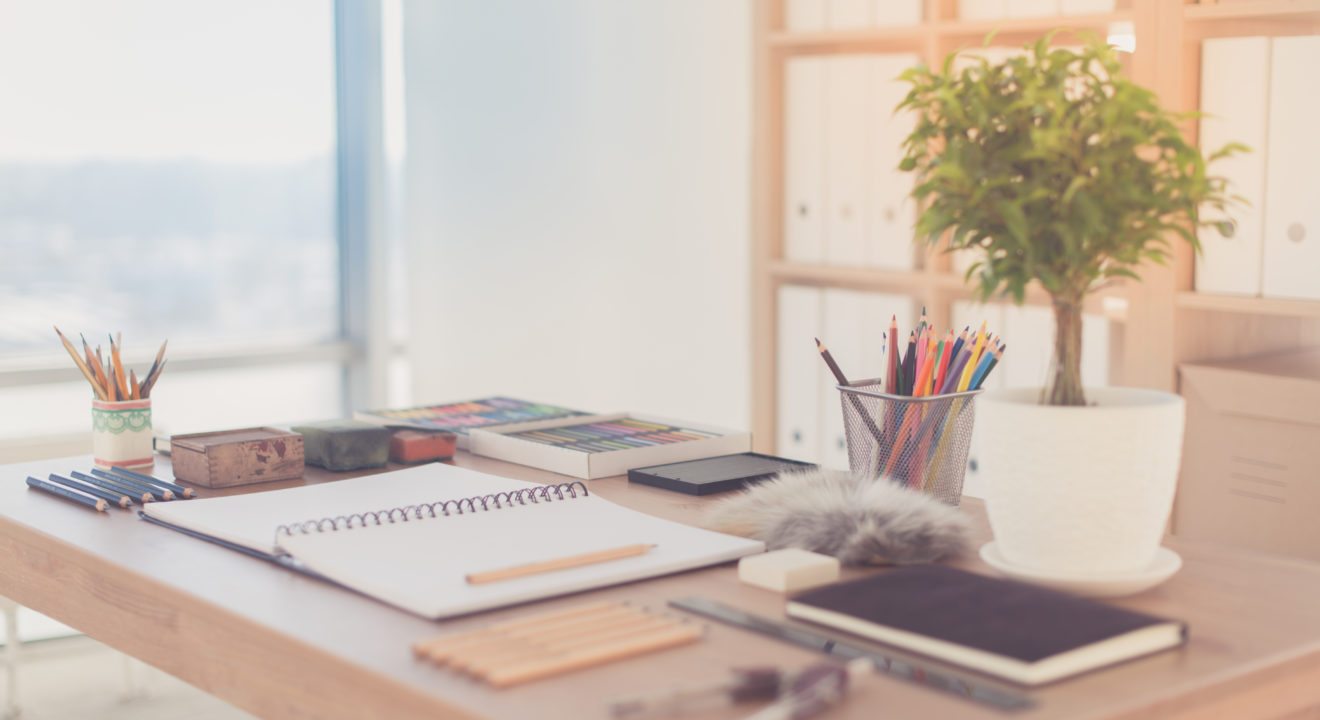Culture August 3, 2016


Benjamin Franklin said, “For every minute spent organizing, an hour is earned.”
We’ve all grown up having been taught that keeping your workspace clean and organized makes working easier and more time efficient. But have you ever wondered if a little mess might help you more than it hinders you in life?
Einstein said, “If a cluttered desk is a sign of a cluttered mind, of what, then, is an empty desk a sign?”
Some suggest that a flawlessly ordered desk causes employees to maintain conventional, rigid ways of thinking and that a little clutter promotes new and innovative ways of thinking.
However, the emphasis here is on “a little clutter.”
Desks styled with old food wrappers, remnant coffee rings and dust collecting in corners are probably not the conditions conducive to a healthy, productive work environment.
Of course, there’s a happy medium for everyone when discussing desk neatness.
Scattered papers and sticky notes could be inspirational and represent hours of work. It also depends on the kind of work that’s being done and what personally helps the worker be the most productive.
Various researchers analyzed the effects of working at a messy desk versus an organized desk on volunteers. In one study, participants sat at either a messy desk or an organized desk and were asked to brainstorm new ways to use Ping-Pong balls.
Their brainstorming results were rated based on their creativity level. The results from the participants working at the messy desk rated higher than those at the organized desk. The study, therefore, suggests that some desk disorder increases the diversity of ideas.
Another study called for participants to choose between the options of “classic” or “new” for a health boost in their smoothie. The results showed those that had been sitting at an organized desk when making the choice were more likely to choose the classic option and those sitting at a messy desk were more likely to choose the new option. This showed that keeping an organized desk supports conventionality.
For those jobs in which a business’ reputation depends on the worker’s ability to maintain traditional methods and complete tasks exactly how they are assigned, organized desks may be more beneficial.
On the other hand, in more artistic or collaborative jobs where variety and original content are encouraged, messier desks may be more useful. Sometimes, looking at something other than whitespace helps keep the creative gears turning.
In an age that’s brimming with cubicles and emphasizing minimalist workspaces, the alternative needs to be accounted for.
Maybe an “empty desk,” as Einstein said, isn’t so helpful. The minutes spent organizing could be at the expense of creativity.
So, if everything having its own place at your desk brings you peace and makes you more prodcutive, then keep it organized. But if that open space just screams for a little clutter, then no one should stop you. Just make sure there isn’t a decaying apple core sitting in the corner at the end of the week.